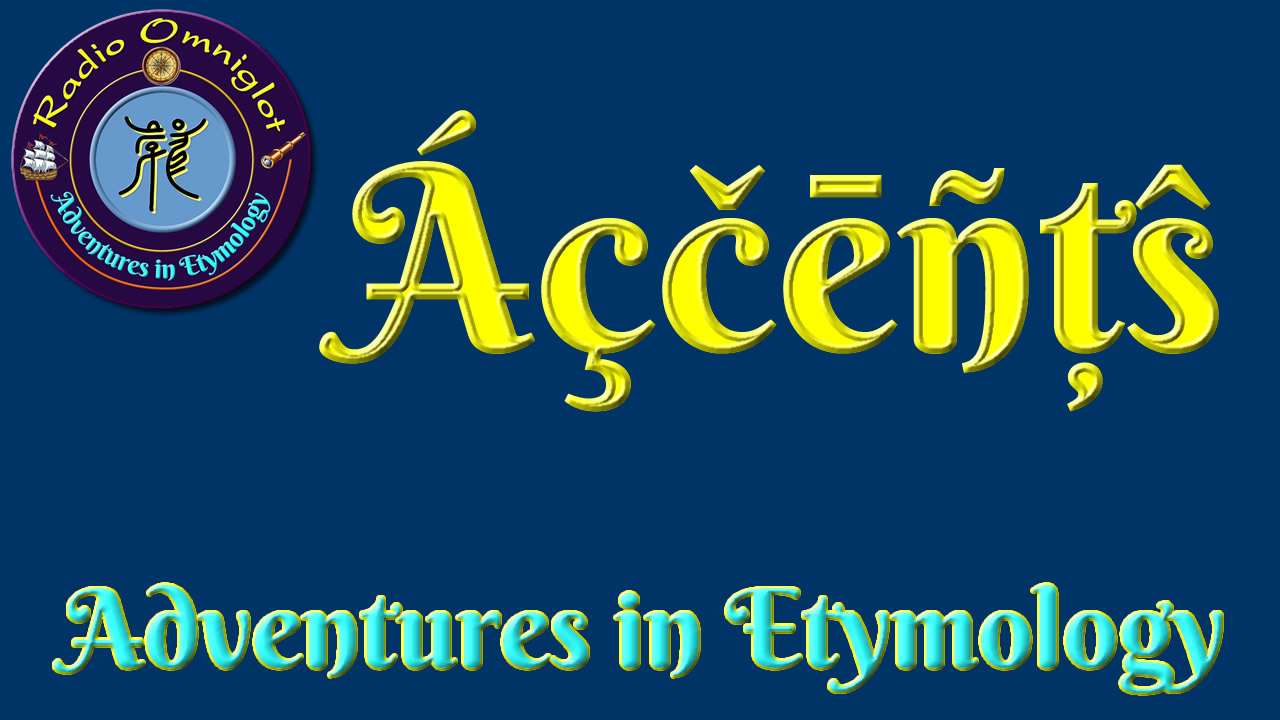Podcast: Play in new window | Download
In this Adventure in Etymology, we find out what links the words theory and theatre.
Theory [ˈθɪə.ɹi / ˈθɪ.ɹi] has a variety of meanings, including:
- A description of an event or system that is considered to be accurate.
- (sciences) A coherent statement or set of ideas that explains observed facts or phenomena and correctly predicts new facts or phenomena not previously observed, or which sets out the laws and principles of something known or observed; a hypothesis confirmed by observation, experiment etc.
- The underlying principles or methods of a given technical skill, art etc., as opposed to its practice.
- (informal) A hypothesis, conjecture, unsubstantiated statement or idea.
It comes from Middle French théorie (theory), from Late Latin theōria (speculation, theory), from Ancient Greek θεωρία (theōría – contemplation, divine perspective, speculation, a looking at, a seeking) from θεωρέω (theōréō – I look at, view, see, consider, examine), from θεωρός (theōrós – spectator), from θέα (théa – view, perspective, sight) and ὁράω (horáō – I see, look) [source].
Words from the same roots include theorem and theatre / theater in English, θεωρία (theoría – theory, contemplation), θεατής (theatís – spectator, viewer, onlooker) and θεατρίνος (theatrikós – actor, theatrical) in Greek, théâtre (theatre) in French, and teatro (theatre, drama, cinema) in Spanish [source].
Incidentally, in Middle English theatre was written both theatre and theater. It comes from Old French t(h)eatre (theatre), from Latin theātrum (theatre, playhouse, stage), from Ancient Greek θέατρον (théatron – theatre, gathering place, play, spectacle), from θεάομαι (theáomai – to view, watch, observe), from θέα (théa – view, perspective, sight) [source].
Theater is usually written with -er at the end in the USA, and sometimes in Canada, while in other English-speaking countries, it’s usually written with an -re spelling. However, theatrical people in the USA apparently use the -re spelling when referring to the art-form, and reserve the -er spelling to refer to the building in which theatre is performed. It that right?
You can also listen to this podcast on: Apple Podcasts, Amazon Music, TuneIn, Podchaser, Podbay or Podtail and other pod places.
The theme tune for this episode is The Unexpected Badger / Y Mochyn Daear Annisgwyl, a piece I composed and recorded in 2017.
If you would like to support this podcast, you can make a donation via PayPal or Patreon, or contribute to Omniglot in other ways.
Radio Omniglot podcasts are brought to you in association with Blubrry Podcast Hosting, a great place to host your podcasts. Get your first month free with the promo code omniglot.
I also write about words, etymology and other language-related topics on the Omniglot Blog, and I explore etymological connections between Celtic languages on the Celtiadur blog.
















